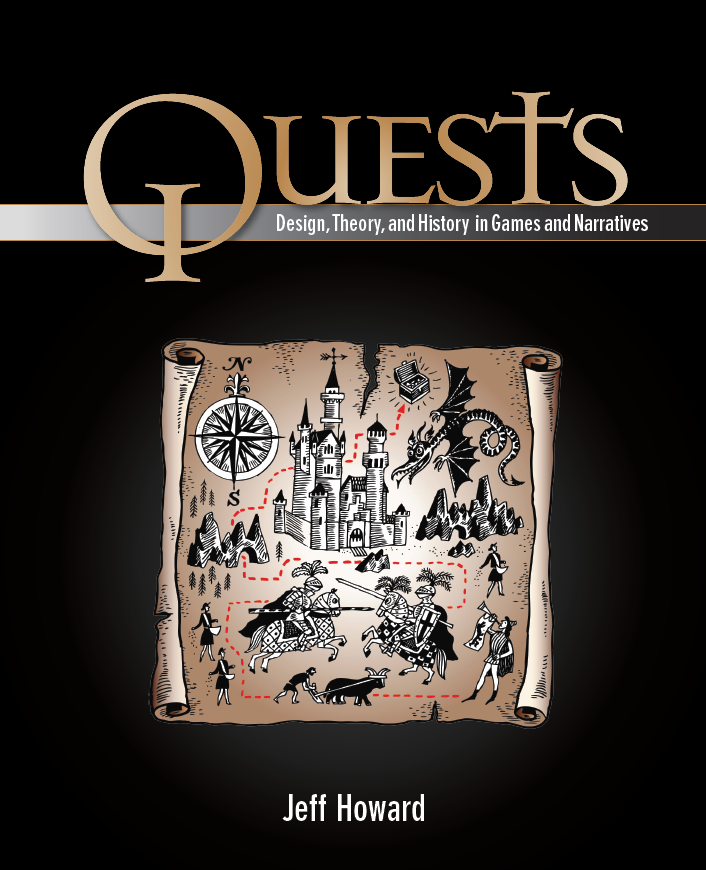Arcana Manor: A Ceremonial Magick Simulator
Arcana Manor is a game-in-progress that features a magic system in which players cast spells through a symbolic language of syllables, gems, and cards. Players control Arcana Manor through input processed by various alternative controllers, including the Kinect and the Emotiv EEG headset. My goal in Arcana Manor is to create an immersive magic system that lets players feel like they are casting spells through their mastery of arcane correspondences, expressed with ritual authenticity through gesture, word, color, and thought itself.
This footage showcases the following features
1) Two flash-based interfaces, consisting of
a) An interactive kabbalistic tree of life with ten sephiroth and twenty-two paths on which players can place tarot cards, gems, and letters from the Enochian angelic alphabet of John Dee. Placing elements according to a matrix of correspondences yields multimodal feedback as paths light up with appropriate colors and emanate musical tones derived from traditional occultist attributions.
b) An interface for recognizing magical gestures or sigils, based on Didier Brun’s Actionscript 3.0 gesture recognition library.
2) A 3d environment built in the Unity game engine, representing a magician’s temple viewed from immersive first-person perspective. The temple contains ritual implements—including an altar, a skull, swords, and pantacles— that can be used to help cast spells.
3) A Kinect interface that allows players (who have prepared themselves with rituals through the other interfaces) to summon and control the movements of a demon within his summoning triangle.
Arcana Manor is a work in progress that I have been developing interatively over the past three years through several prototypes in various engines and tools, including the Torque Game Engine Advanced, Flash, and UDK. The current build consists of a combination of Unity 3d, Flash, and the Kinect. More footage and details will follow soon.
